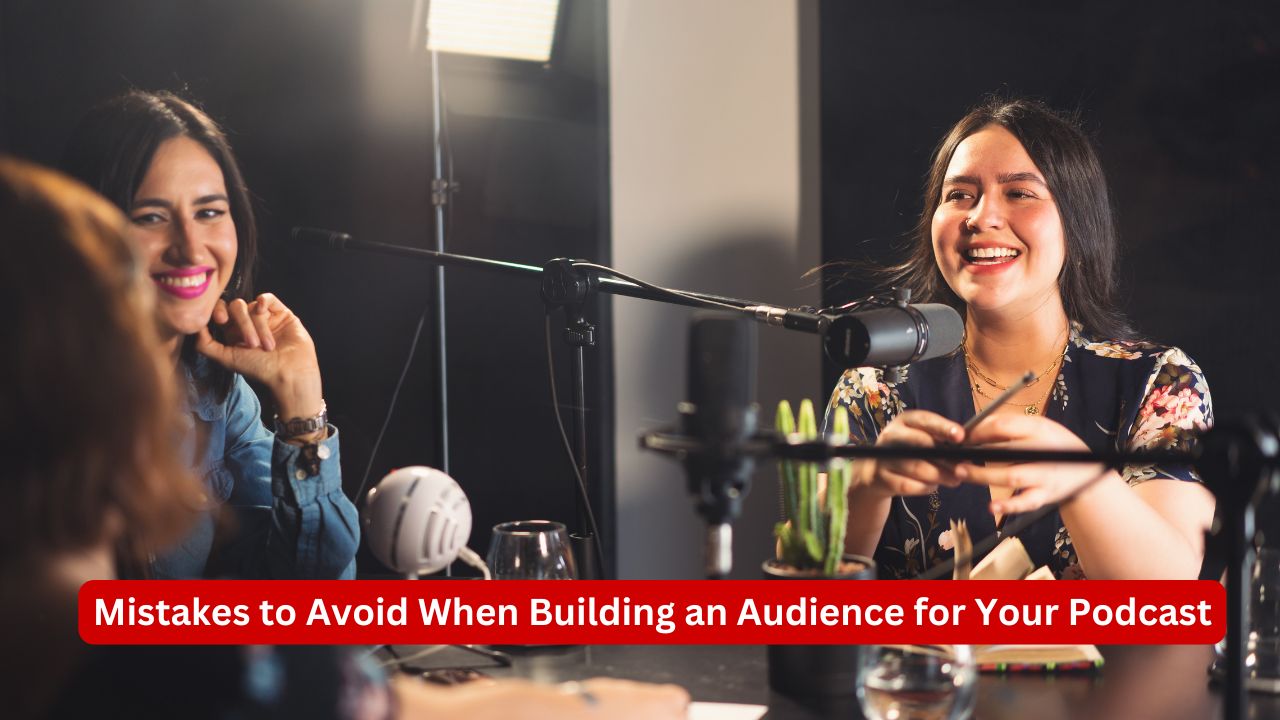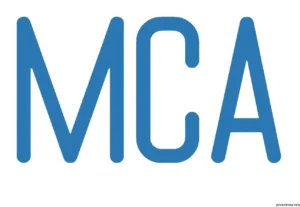Mistakes to Avoid When Building an Audience for Your Podcast

Have you ever poured your heart and soul into a podcast only to feel like no one is listening? It can be frustrating, right?
Building an audience takes effort, but it’s not impossible. Many podcasters struggle because they make common mistakes that hinder their podcast’s growth. The good news? You can avoid these pitfalls.
By the end of this guide, you’ll know exactly what not to do and how to set yourself up for podcast audience growth. Let’s dive in! Keep on reading!
Ignoring Your Target Audience
You should talk to no one if you talk to everyone. A lot of podcasters fail because they don’t know who they want to listen to their shows.
First, figure out who your ideal listener is. What do you want to know about them? What do they have to deal with? Make your content fit the people you know once you know who they are.
This method will help you make podcast content that people will want to listen to. If you skip this step, it will be harder to connect with people and grow your podcast.
Neglecting Audio Quality
Poor audio quality is a dealbreaker for listeners. No one wants to struggle to hear your message. Invest in a good microphone and learn basic editing skills.
Background noise and uneven volume levels can make even the best content unappealing. Clean, crisp audio shows you’re serious about your podcast.
Great audio is an easy way to keep listeners coming back. Don’t underestimate how much sound quality affects your podcast audience growth.
Skipping Consistent Publishing
Consistency builds trust with your audience. When episodes come out irregularly, listeners lose interest. Create a schedule you can stick to.
Whether it’s weekly, bi-weekly, or monthly, make sure your audience knows when to expect new content. Planning and batching episodes can help you stay consistent.
A reliable schedule keeps your listeners engaged and shows you’re committed to delivering value. Without it, podcast audience growth becomes an uphill battle.
Forgetting About Marketing Your Podcast
Creating great episodes isn’t enough. People need to know your podcast exists! Use podcast promotion techniques to spread the word.
Social media, email newsletters, and collaborations are excellent tools for reaching potential listeners. Share snippets or highlights to catch attention.
Encourage your existing audience to share your podcast with others. Remember, marketing your podcast is just as important as producing it.
Overlooking the Power of SEO
Search Engine Optimization (SEO) isn’t just for blogs. It’s also essential for podcasts. Use keywords in your episode titles, descriptions, and show notes.
Think about what your audience might search for and include those terms. Platforms like Apple Podcasts and Spotify have search functions, so optimize for them too.
Good SEO practices make your podcast easier to find. Ignoring this step can limit your reach and slow down your podcast audience growth.
Failing to Engage with Your Listeners
Building an audience means creating a two-way conversation. If listeners leave comments or send messages, respond to them.
Thank them for their support and ask for feedback. Use listener questions or suggestions in your episodes. Engaging with your audience builds loyalty and encourages word-of-mouth promotion.
A connected audience is more likely to share your podcast with others. Don’t miss this opportunity to strengthen your community.
Making Episodes Too Long or Too Short
Episode length matters. If your episodes are too long, listeners might lose interest. Too short, and they might feel unsatisfied.
Find a balance that suits your content and audience. Most podcasts fall between 20 to 60 minutes, but it depends on your niche.
Pay attention to listener feedback and analytics. Adjust your episode length based on what works best. Finding the right length keeps your audience coming back for more.
Lacking a Call to Action (CTA)
Don’t assume listeners will know what to do next. Always include a clear CTA at the end of each episode.
Ask them to subscribe, leave a review, or share your podcast. If you’re promoting something specific, like a newsletter or course, mention it.
CTAs guide your audience and encourage interaction. Without them, you’re missing out on opportunities to grow your podcast business and build stronger connections.
Not Analyzing Your Metrics
Metrics provide valuable insights into your podcast’s performance. Track downloads, listener demographics, and episode popularity.
Use these insights to refine your content and strategies. If certain episodes perform better, analyze why. Adjust based on what works and what doesn’t.
Regularly reviewing your metrics helps you stay on track and improve. Ignoring data means missing opportunities to optimize your podcast audience growth.
Overcomplicating Your Content
Simplicity is key. Don’t overwhelm your listeners with too much information or complex ideas.
Break topics into manageable chunks. Use clear language and examples to explain your points. Engaging podcast content doesn’t need to be complicated.
Focus on delivering value in a way that’s easy to understand. Over complication can alienate your audience and make them tune out.
Avoiding Collaboration Opportunities
Collaborations can introduce your podcast to new audiences. Partner with other podcasters, influencers, or experts in your niche.
Guest appearances and cross-promotions are effective podcast promotion techniques. Collaborations allow you to tap into existing communities and build credibility.
Don’t shy away from working with others to expand your reach. It’s a successful podcast strategy that benefits everyone involved.
Giving Up Too Soon
Building an audience takes time. It’s easy to get discouraged if growth is slow, but persistence pays off.
Stay consistent, keep improving, and trust the process. Celebrate small milestones along the way. Rome wasn’t built in a day, and neither is a thriving podcast.
Avoid comparing yourself to others and focus on your journey. Success often comes to those who don’t give up.
Start Building an Audience for Your Podcast Today
It takes hard work, consistency, and being yourself on the way to building an audience. Not just about the numbers, but also about getting in touch with people whose ideas match yours.
Giving your followers something of value and interacting with them builds trust and loyalty. Keep in mind that relationships grow over time, so be patient and keep trying.
If you stick to your vision, your audience will grow on its own. Serving your community is more important than just getting people to come to you.
Did you like this guide? Great! Browse our website for more!







